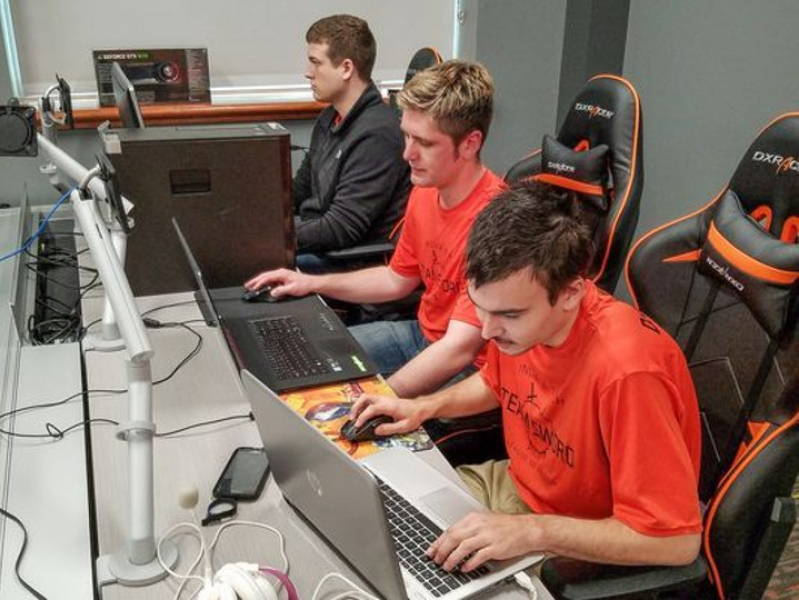
That pain in your child’s mouth caused by a cavity? Blame video games and not candy, if a recent study is proven correct. A research team that is connected to the University of Toyama claimed in a study comprised of elementary school children that watching TV and playing video games for hours on end could result in an increased risk of cavities developing.
The Japan Dental Association's "Dental and Oral Health Week" which runs from June 4 to 10, saw the Community Medicine & Health Support Division of the University of Toyama Organization for Promotion of Regional Collaboration reveal the compilation of the results of a January 2016 dietary education survey.
While cavities in children have been on a steady decline over the past few years because of fluoride painting treatments, results from this particular study is rather interesting. Research that places its focus on the link between child cavities and lifestyle habits are few and far in between, which is the main reason as to why this particular division decided to partner with the prefectural board of education so that the understanding of the lifestyle trends of children who still develop cavities can be deepened. With a survey response rate of 94.2 per cent from mostly compliant respondents, the results were analyzed with the help of pediatric dentists in the city of Toyama.
Professor Michikazu Sekine, who is head of the Community Medicine & Health Support Division of the University of Toyama Organization for Promotion of Regional Collaboration, is extremely happy that such research results have been released, and would definitely want to figure out other possible factors that could help prevent the development of cavities in school going children.
The entire survey covered 2,109 school children, where all of them hail from five elementary schools in Takaoka, which is part of the Toyama Prefecture. It seems that in comparison to the 8.6 per cent of students with cavities, they consumed media (watching TV and playing video games) without passing the two hour mark each day. For students who spend two to four hours a day consuming media, the ratio of students with cavities grew to 9.8 per cent. For children who cross the four hour mark of media consumption, the number of cavity carrying children rose to 15.4 per cent. Spending more time in front of the TV and playing video games (I am assuming that handheld consoles like the Nintendo DS are taken into consideration here) do seem to be a major factor in the occurrence of cavities in school going children.
Curious to know what kind of questionnaire was given out, questions that touched on 50 different categories were asked. These include children's dietary patterns, lifestyle habits and psychical condition, the amount of sleep per night, and even whether they take breakfast or not. It seems that having longer hours of sleep also reduced the percentage of children who developed cavities. Having regular breakfasts also helped reduce the occurrence of cavities as opposed to those who skip breakfast or have them from time to time.
Professor Michikazu Sekine, head of the Community Medicine & Health Support Division, explained, "When in an excited state triggered by playing video games or other media, or due to the stress from lack of sleep or an empty stomach, the secretion of saliva decreases, and it may make it easier for cavities to form."
And here I was thinking that it is because of all the extra snacks that children gobble up and carbonated drinks they gulp down when they are watching TV or playing video games. Still, would you encourage your teen to pay his or her way through college with a video game scholarship?







